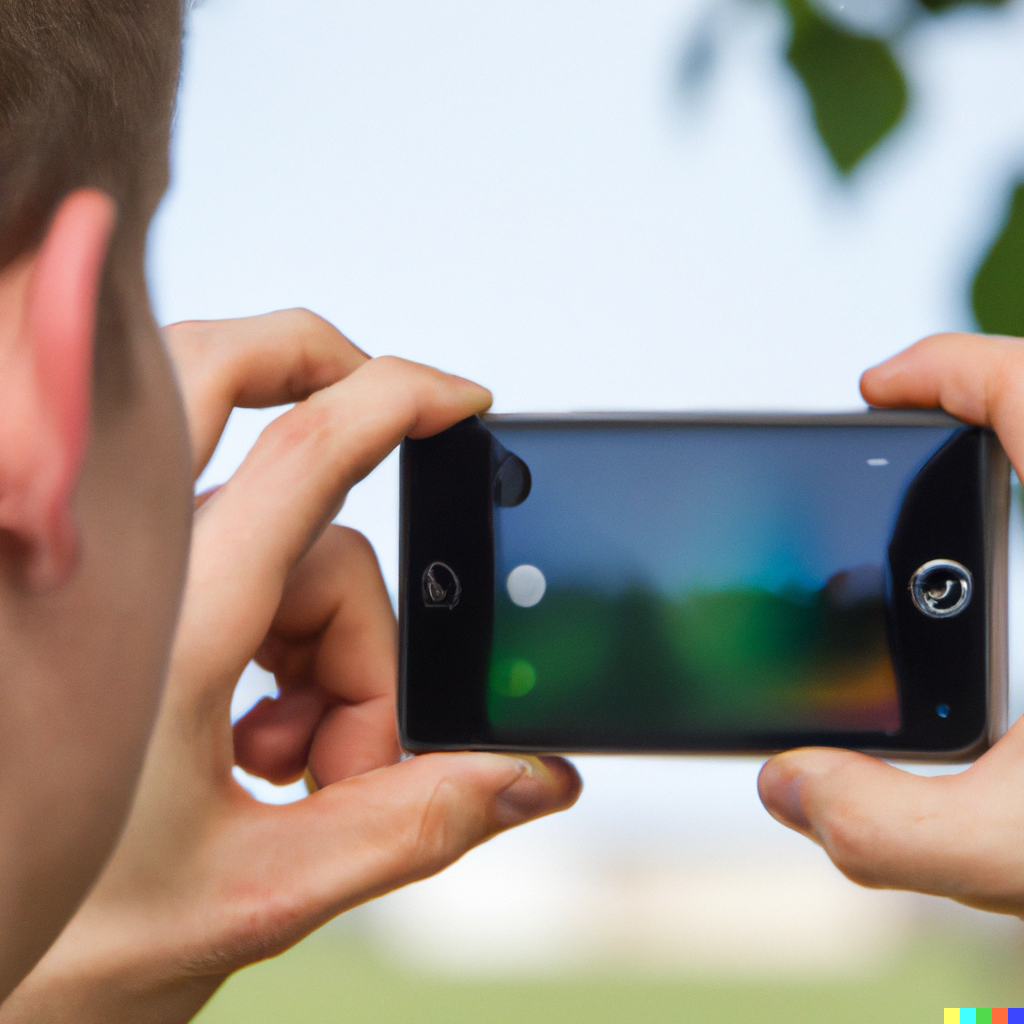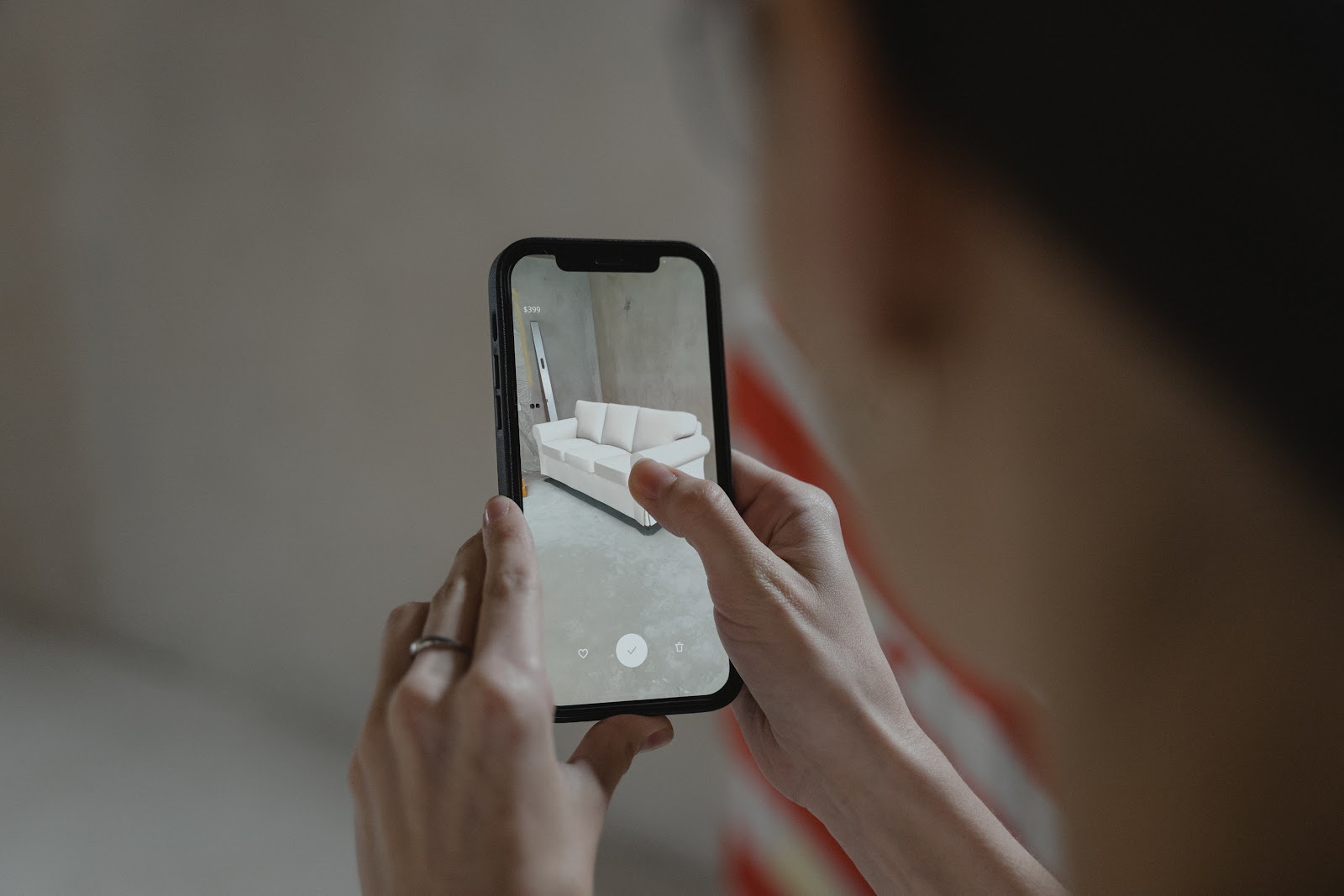High Tech Innovation Development Strategy
The most useful smartphone functions which you have been relying on day to day:
Posted By: Ranjana Bashyal, Sandeep Thapa, Neeraj Shrestha
Posted on: 08/01/2023
As smartphones have become an integral part of our daily lives, there are certain functions that we rely on heavily to make our lives easier and more convenient. These functions may vary from person to person, but there are some that are commonly used by a majority of smartphone users.
In this blog article, we will take a look at some of the most useful smartphone functions that you may have been relying on day to day. Some common smartphone functions that many people use on a daily basis. These can include:
Using GPS and maps for navigation:
Accessing the internet:
Accessing the internet on a mobile phone refers to the ability to connect to the internet and browse web pages using a smartphone. This is typically done using a mobile data connection or a Wi-Fi connection.
Multitasking:
Multitasking refers to the ability to run multiple applications at the same time and easily switch among them. Some apps are designed to work in a multitasking environment. An example is Skype for iOS, which has new capabilities for handling notifications and remaining active in the background while using minimal battery power. Multitasking makes our life much easier in our daily schedule. It lets you view two apps side-by-side on a split screen.
Taking photos and videos:
Taking photos and videos on a smartphone refers to the ability to use the phone's camera to capture still images and moving footage. Most modern smartphones come equipped with one or more cameras that can be used to take photos and videos.
Managing personal organization:
Managing personal organization on a smartphone refers to the use of apps and tools to help a user keep track of their appointments, tasks, and other personal commitments. This can include using a calendar app to manage appointments and events, or a task list app to manage to-do items and goals.
Some useful smartphone functions would be nice to have:
Smartphones have come a long way since their inception, and they now offer a wide range of functions and features that can make our lives easier and more convenient. While there are many functions that are already available on most smartphones, there are some that would be nice to have in the future. In this article, we will explore some of these useful smartphone functions that would be great to see on future devices. Whether you are an avid smartphone user or just looking to upgrade your current device, these functions could potentially make your life even easier and more efficient.
There are many potential functions that people might find useful on a smartphone. Here are a few ideas:
Enhanced security features:
Some people might be interested in having more advanced security features on their phones, such as biometric authentication (e.g., facial recognition, fingerprint scanning) or improved protection against malware.
Augmented reality (AR) capabilities:
AR technology allows users to view digital content overlaid in the real world through their phone's camera. This could potentially be used for a variety of applications, such as shopping, gaming, or education.
Better artificial intelligence (AI) integration:
Some people might be interested in having more advanced AI capabilities on their phones, such as a personal assistant that can handle a wider range of tasks or a more sophisticated virtual assistant.
Improved connectivity:
Some people might be interested in having faster or more reliable data connections, or the ability to connect to a wider range of devices and networks.
More advanced camera features:
Some people might be interested in having better camera capabilities on their phones, such as the ability to take high-resolution photos or videos or to shoot in different lighting conditions.
In conclusion, smartphones have become an integral part of our daily lives, and we rely on a wide range of functions to make our lives easier and more convenient. These functions can include using GPS and maps for navigation, accessing the internet, multitasking, taking photos and videos, and managing a personal organization.
There are also many potential functions that people might find useful on a smartphone in the future, such as enhanced security features, augmented reality capabilities, better artificial intelligence integration, improved connectivity, and longer battery life. While it is impossible to predict exactly what the future holds for smartphones, it is clear that these devices will continue to evolve and offer an increasingly wide range of functions to meet the needs of users.











Comments
Post a Comment